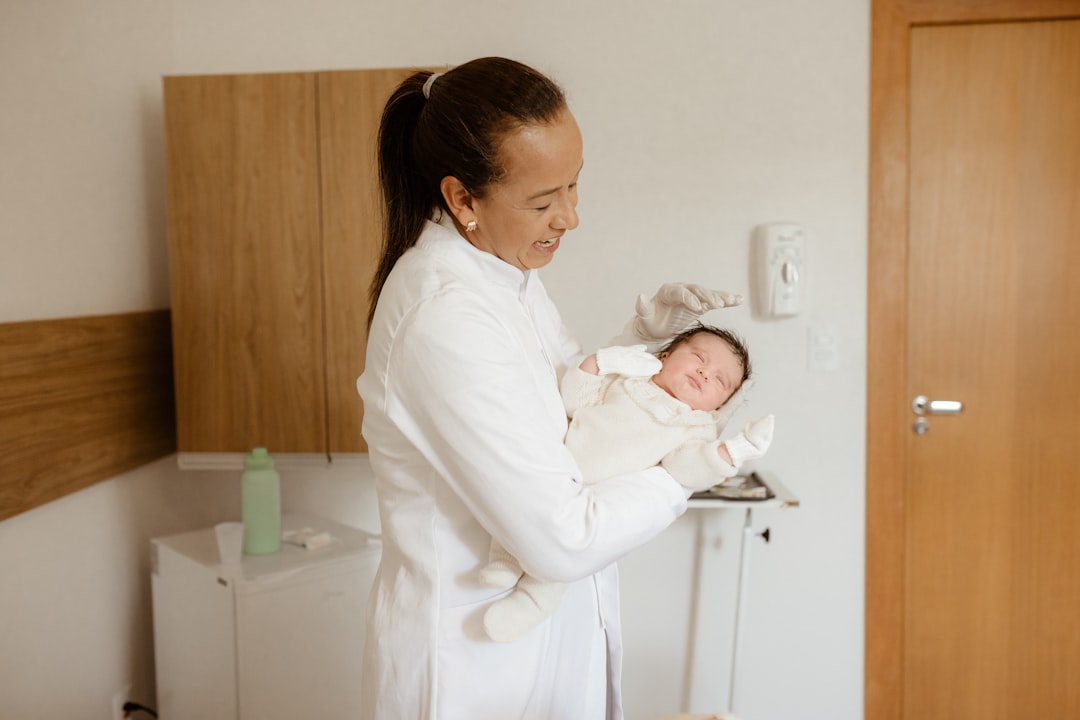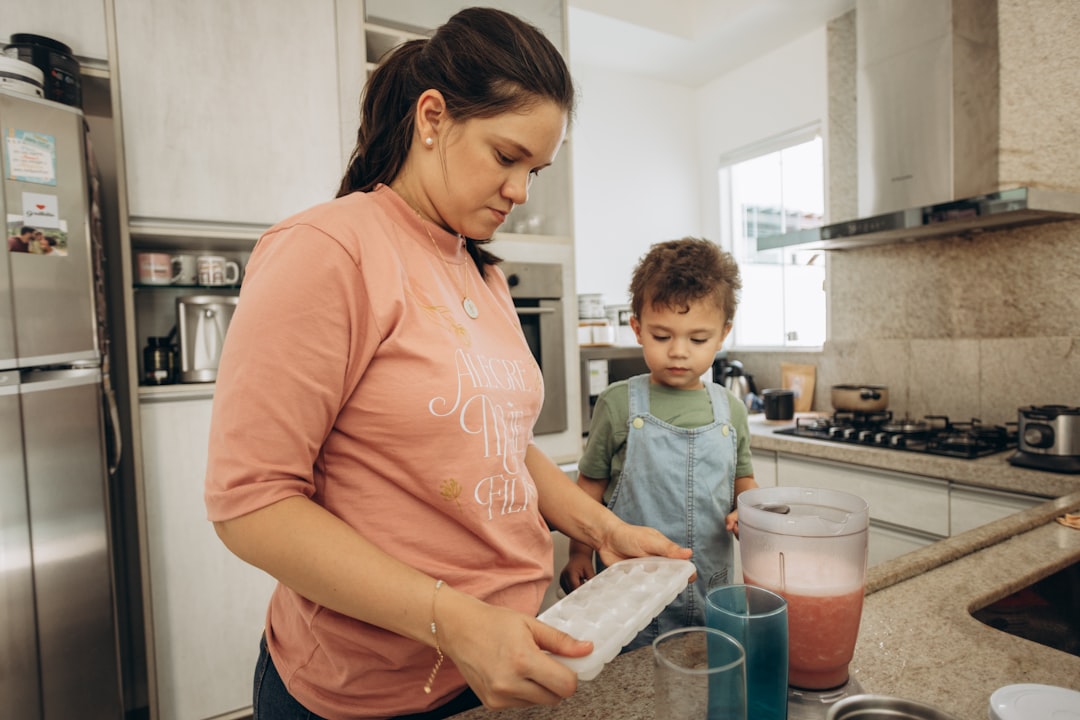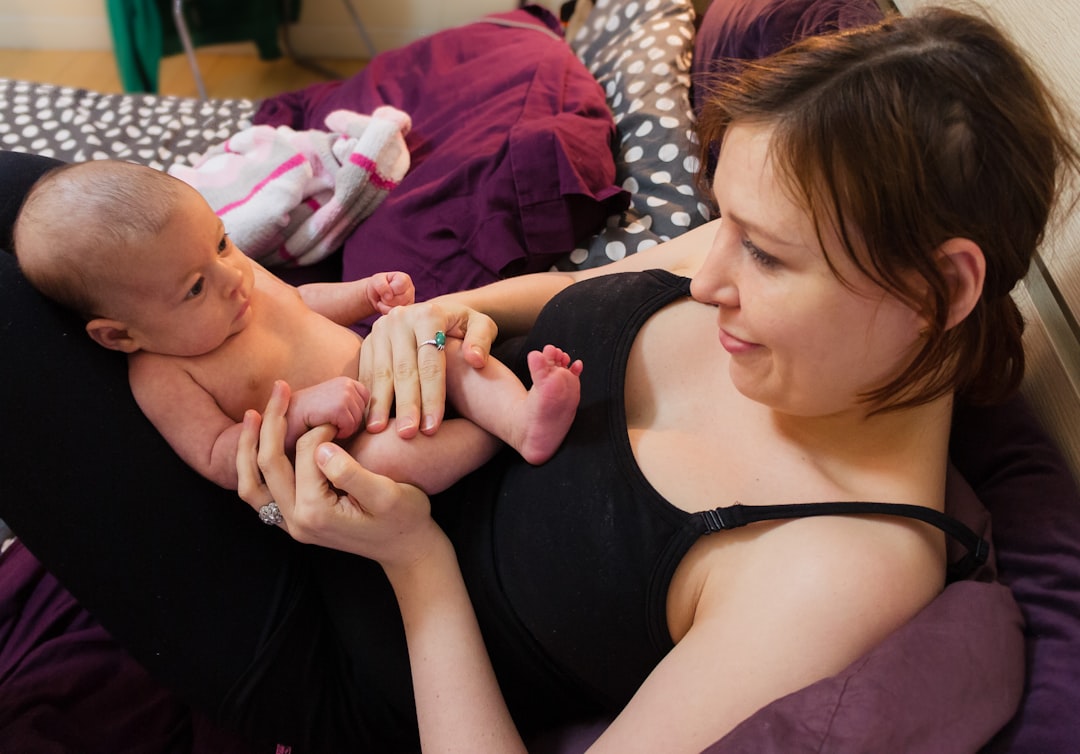Category: Mental Health
Why preparing for postpartum matters as much as preparing for birth
Most expectant parents spend months preparing for childbirth—taking classes, creating birth plans, packing hospital bags, and readying nurseries. Yet many are caught off guard by what comes next: the fourth trimester. This critical 12-week period after delivery often receives far less attention during pregnancy, despite being a time of profound physical and emotional changes that can significantly impact a new parent’s wellbeing.
The science of breathing: How relaxation techniques ease pregnancy stress
Can the simple act of breathing consciously transform your pregnancy experience? As your body undergoes remarkable changes and hormones fluctuate, many expectant mothers find themselves riding waves of anxiety alongside the joy of impending motherhood. Yet one of the most powerful stress-management tools is literally right under your nose.
From pregnancy to postpartum: Why holistic education beats quick fixes
Are you overwhelmed by the countless pregnancy tips, birth hacks, and postpartum survival guides flooding your social media feeds? You’re not alone. Many expectant parents find themselves jumping from one quick fix to another, collecting fragments of advice without a cohesive framework to understand their journey.
The hidden cost of ignoring postpartum support in the workplace
When new mothers return to work after childbirth, they face a challenging transition that many workplaces fail to adequately support. While companies often celebrate baby showers and send congratulatory messages, the critical postpartum period remains largely unaddressed in workplace policies. This oversight isn’t just a personal challenge for new mothers—it represents a significant business cost that employers can no longer afford to ignore.
Better Sleep for Moms-to-Be: Science-Backed Strategies That Actually Work
Are you counting sheep instead of counting kicks? You’re not alone. The irony of pregnancy isn’t lost on most expectant mothers—just when your body needs rest the most, sleep becomes frustratingly elusive.
Why postpartum recovery starts during pregnancy
Pregnancy is often viewed as a journey toward childbirth, with postpartum recovery treated as a separate chapter that begins after delivery. But what if the groundwork for a smoother postpartum experience could be laid months before your baby arrives? The truth is that how you prepare during pregnancy directly influences your recovery after birth.
Inside the Pregnancy Course: How Expert-Led Classes Transform Your Journey
Preparing for pregnancy is like studying for the most important exam of your life—except there’s no definitive textbook, the syllabus keeps changing, and the stakes couldn’t be higher. With so much conflicting advice available online, finding reliable guidance can feel overwhelming.
Postpartum anxiety vs. postpartum depression: how to tell the difference
After childbirth, many new mothers experience significant emotional changes. While the “baby blues” affect up to 80% of new mothers and typically resolve within two weeks without treatment, more persistent mental health challenges can develop. Understanding the difference between postpartum anxiety (PPA) and postpartum depression (PPD) is crucial for getting appropriate support.
The overlooked connection between nutrition and postpartum mood
Imagine this: You’ve just navigated pregnancy, labor, and delivery—one of the most physically demanding experiences of your life. Your body is recovering, hormones are fluctuating dramatically, and you’re adjusting to life with a newborn. Amid the whirlwind of these changes, your mental health becomes particularly vulnerable. Yet in conversations about postpartum recovery, one crucial factor often gets neglected: nutrition.
Why the first 6 weeks after birth set the tone for long-term recovery
The journey into motherhood doesn’t end with childbirth—in many ways, it’s just beginning. The first six weeks after giving birth represent a critical period that can profoundly impact a mother’s physical healing, emotional wellbeing, and long-term recovery. Yet in a culture that often rushes new mothers back to “normal life,” these crucial weeks rarely get the attention they deserve.










